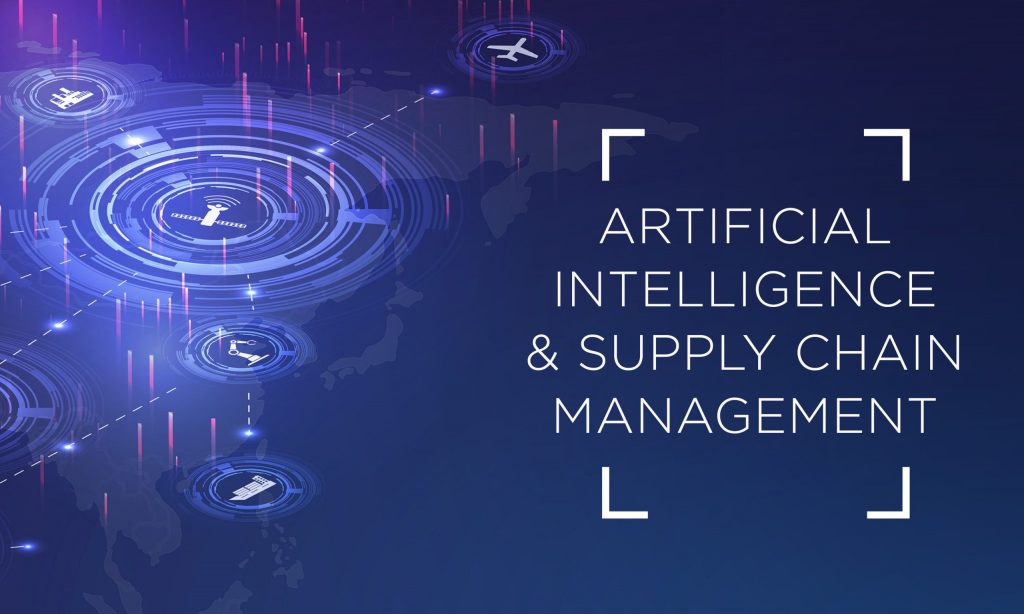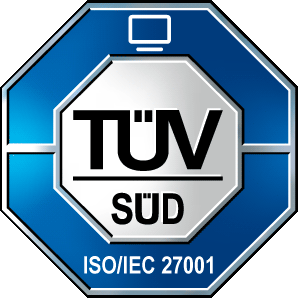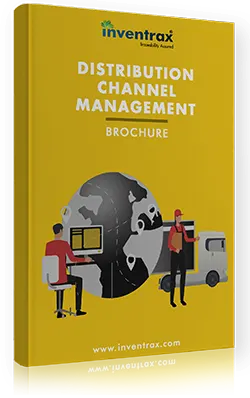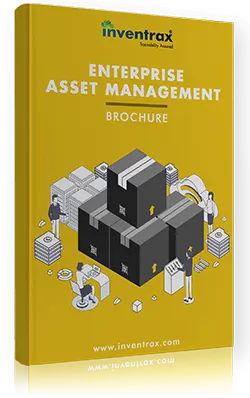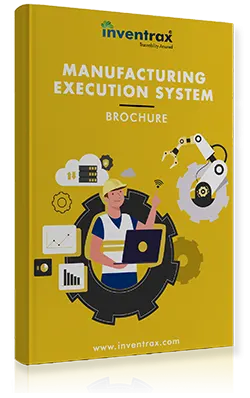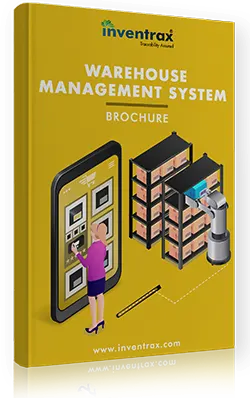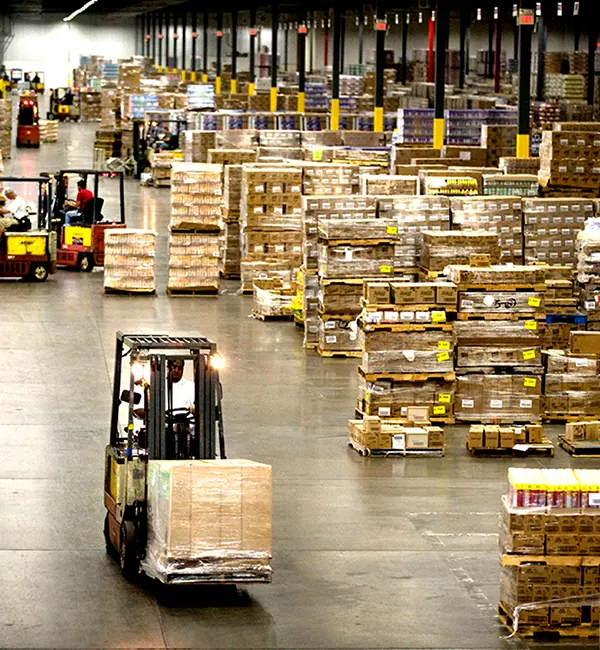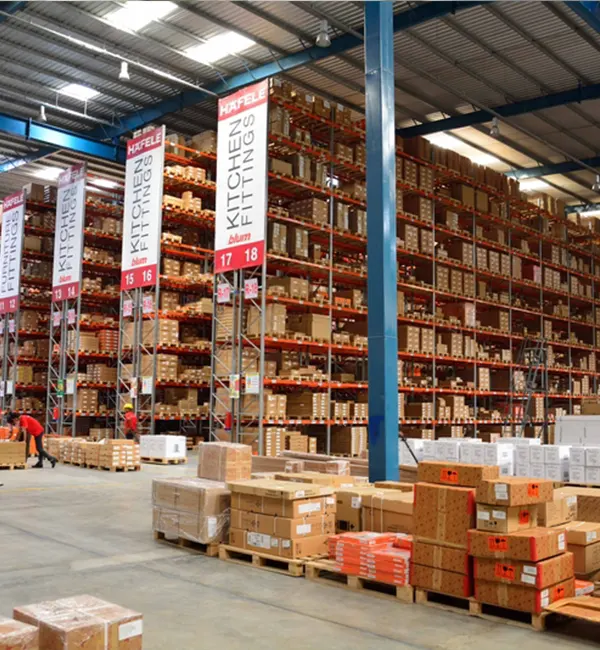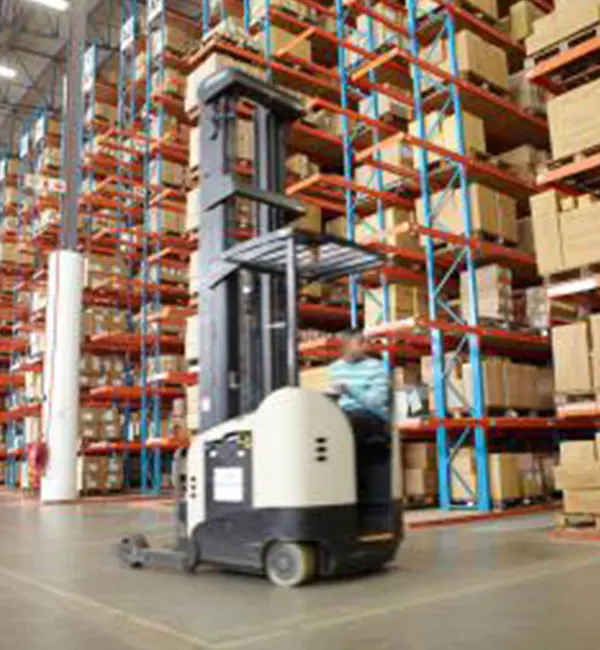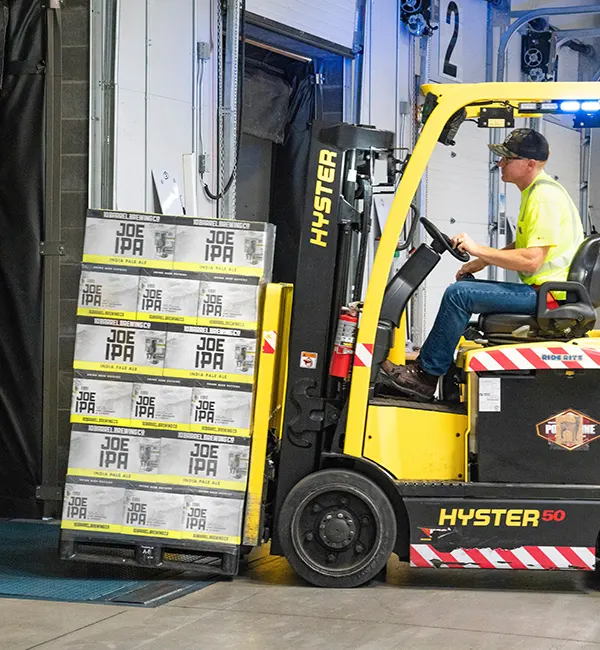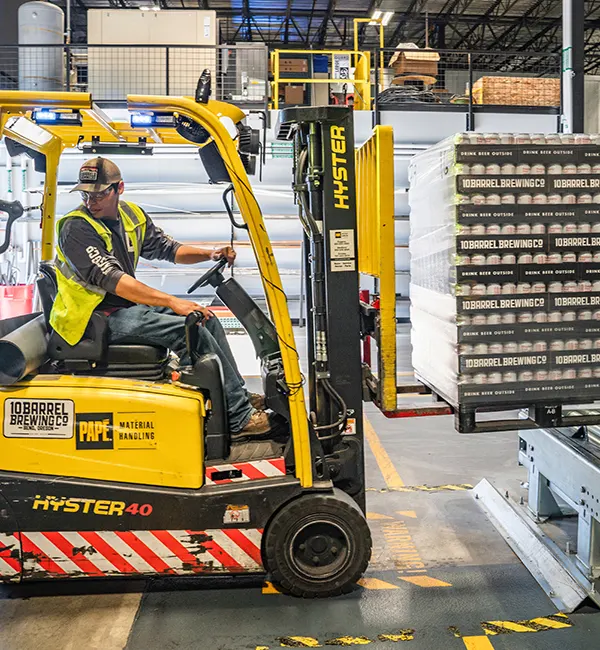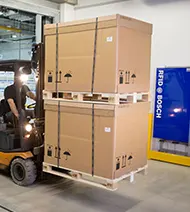As economies around the world step back from the financial fringe and begin adjusting to the new normal in 2020, companies face a completely new set of supply chain challenges than before.Also, the globalization of supply chains has led to raw materials and products travelling across geographical locations and penetrating through multiple suppliers, manufacturers, distributors, carriers and service providers.
Among them are:
- Escalating pressure from global competition
- Consumer expectations
- Complementing complex patterns of consumer demand
As companies have been managing their supply chains over the past years, the hurdles that they faced and the goals that they have in turn reflected was mainly a single-minded focus on weathering and financial crisis. The most recurring challenge has been the increasing volatility of customer demand.
Often, the supply chain has limited track over the partners actually involved, and information about all the parties in the supply chain. To address such challenges, Block Chain Technologies could be the answer.
Majority of the challenges are associated with below areas:
- Counterfeiting
- Visibility/ Traceability
- Efficiency Play
Hence, the need to manage supply chain efficiently has been gaining momentum over the past few years. Oneof the most popular technology that is believed to be capable of achieving this is:
Artificial Intelligence
Artificial Intelligence in Supply Chain increases the productivity and efficiency of the system. Within various nodes of supply chain, the connectivity and flow of information and data between devices and sensors allows for an abundance of data available. The Key enabler is able to use these huge volumes of data and extract relevant useful information, making it possible to reduce unnecessary costs, optimize capacity, keep downtime to a minimum. This is where the recent buzz words “machine learning” and “data analytics” come into play.
These techniques use historical data to find patterns in them and thereby use these patterns for future predictions, forecasting. More important is the fact that once installed, these require the least human intervention.AI solutions can help in automating various supply chain processes such as production planning, demand forecasting, predictive maintenance etc. Along with automation comes augmented human decision making, because the human is then no longer involved in decision making.
Just as robots can augment human actions, AI and machine learning solutions can augment human decision making. By, incorporating such systems in all the possible areas of the supply chain, the labor could be divided between human labor and the AI machines. While the machine can tirelessly and accurately look at data and build regular reports from it, a human SME (Subject Matter Expert) can intervene at the final stage and perform the final decision making.
Based on the current situation of AI, the safest and the cost effective solution to utilize AI engines is to use AI as an enhancer, not as complete replacement for human decision making.
Below are few areas where AI can be applied into Supply Chain Activity Management:
- Chatbots for Operational Procurement:
Chatbots can be utilized for below activities:
- Speak to suppliers during trivial conversations.
- Set and transform actions to suppliers regarding governance and compliance materials.
- Place purchasing requests.
- Answer internal questions related to procurement functionalities, supplier sets etc.
- Sending and receiving documentation of Invoice requests and Payment Order Requests.
- Machine Learning solutions for Supply Chain Planning:
The inventory, demand and supply cycles data from time to time can be analyzed by real time Machine Learning Systems, through SCM work tools for forecasting of demand, supply, inventory volumes or any other Key Performance indicating dimension. This could revolutionize the agility and optimization of supply chain decision- making.
By utilizing Machine Learning Technologies, SCM professional responsible for Supply Chain Planning would be able to provide give best possible scenarios based on intelligent algorithms and machine-machine analysis of big data sets. This capability has the power to optimize the delivery of goods while balancing supply and demand with least human analysis, but rather action setting for parameters of success.
- Machine Learning for Warehouse Management
Supply Chain Planning is heavily reliant on proper warehouse and inventory management.
Regardless of successful demand forecasting systems, supply flaws can be a disaster for about any consumer based company or retailer.
A Machine learning based forecasting engine, keeps a scrutiny to find combination of algorithms and data streams that could produce the most predictive power in different forecasting hierarchies.
ML (Machine Learning) provides and endless loop of forecasting, which bears a constantly self – improving output. This kind of capabilities could prove to re-shape warehouse management as we know today.
- Autonomous Vehicles for Logistics and Shipping
Speedy and more accurate shipping can reduce lead times and transportation expenses. The can also add elements of environmental friendly operations, reduce labor costs, and most important of all, widen the gap between business competitors.
If autonomous engines are developed to the capacity such that certain business analysts and technology experts have hypothesized, the impact on logistics optimization would be mostrevolutionary.
- Natural Language Processing for Data Cleansing and Building Data Robustness
Natural Language Processing (NLP) is an element to Machine Learning and AI which has the potential to stratify large amounts of foreign language data in a streamlines manner.
NLP applied in the right way, could help in building datasets of suppliers and dig-in untapped information in foreign languages. From the perspective of Sustainability and Governance, NLP could streamline auditing and compliance actions that were not possible because of language barriers between buyer- supplier bodies.
- Predictive Analytics for Supplier Selection and Supplier Relationship Management
Supplier related risks have become the Key Performance Indicators for globally visible brands.Data sets that aregenerated from SRM actions, such as supplier assessments, audits, and credit scoring have proven to provide further decisions regarding a supplier.
With the help of intelligent algorithms, the passive data gathering can be made active.
This way, supplier selection would be more predictive and intelligible than before, hence creating a sure shot for success from most of the collaborations. This kind of information would be readily available for human inspection but generated via machine-to-machine interaction, providing the best supplier scenarios based on the parameter that the user desires.
Hence, the true future of Supply Chain Management lies within machine-machine interaction and work which is the automation of currently human manned-positions. Inventrax’s Falcon MES involves all the features to enable the above processes, and enables the optimization and Resource planning for a better and improved efficiency.

